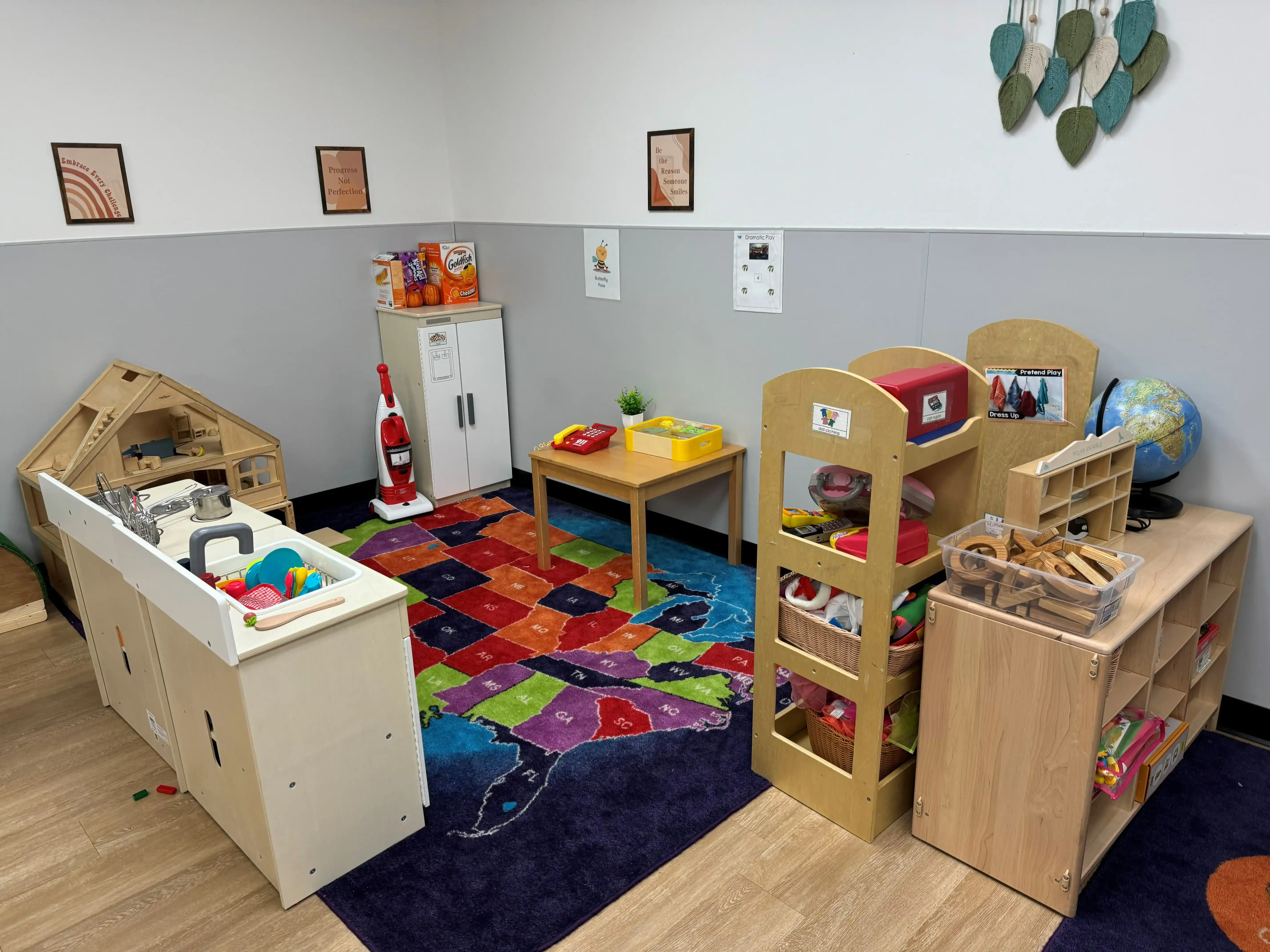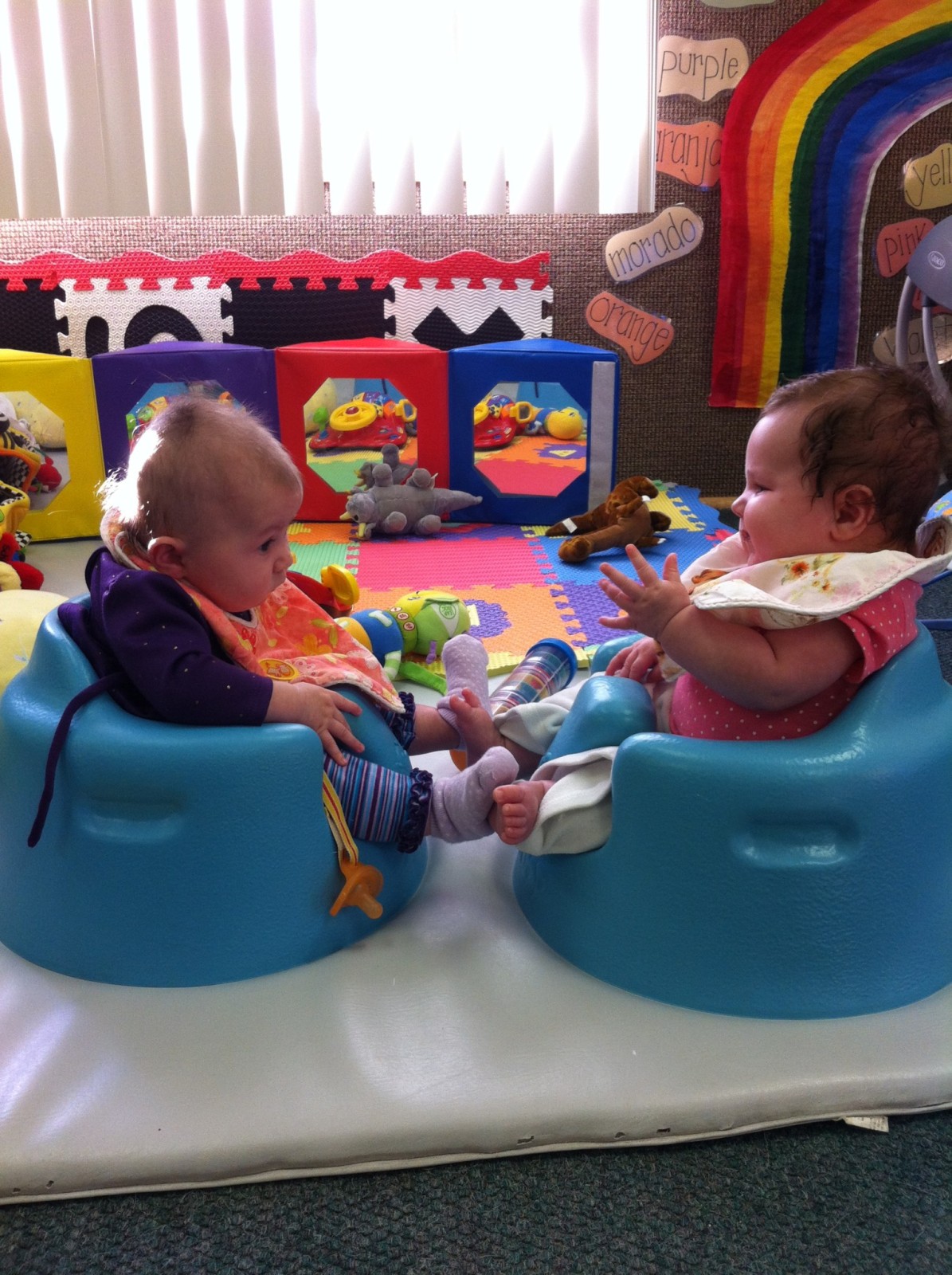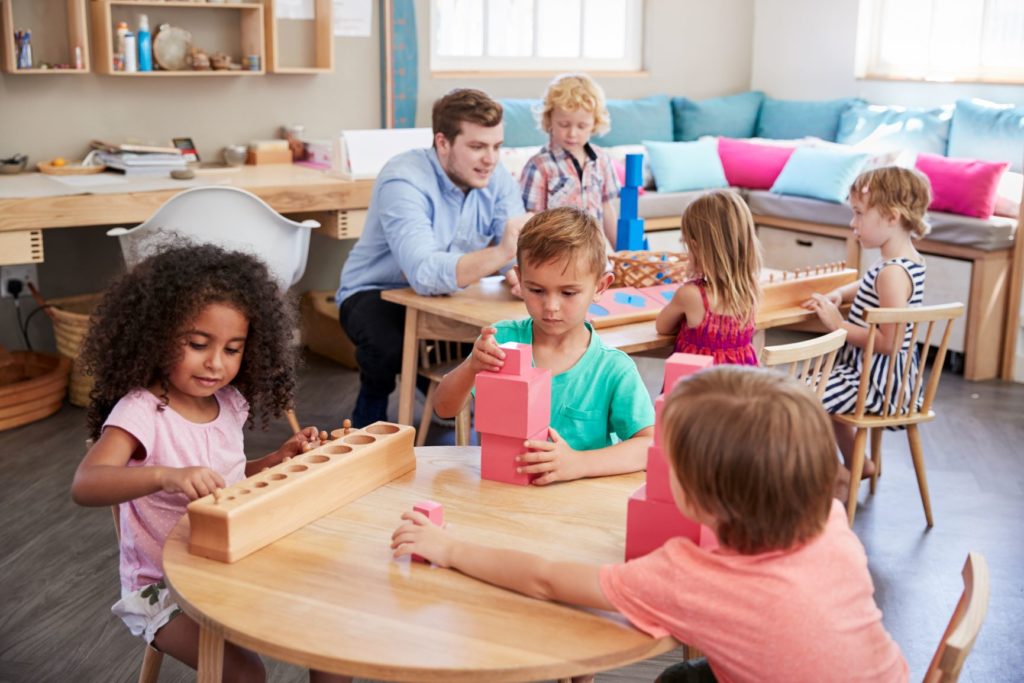Key Safety Measures Every Child Care Center Should Prioritize
Wiki Article
The Function of Day Care in Fostering Social Abilities and Early Understanding
Daycare acts as a considerable setting for kids, promoting crucial social communications that promote early understanding. In this organized setup, youngsters engage with caregivers and peers, developing crucial communication and cooperation abilities. As they navigate play and numerous activities, they find out to resolve problems and build emotional intelligence. Comprehending the nuances of these interactions discloses the extensive effect childcare has on a kid's growth, forming their future relationships and scholastic readiness. What certain abilities do kids get in this setup?The Value of Social Interaction in Day Care
While lots of parents recognize the value of early youth education and learning, the role of social communication in daycare is usually undervalued. Day care settings provide youngsters with indispensable opportunities to involve with peers, cultivating essential social skills. Throughout these formative years, children discover to navigate numerous social characteristics, such as sharing, cooperation, and problem resolution. Engaging with diverse age groups and personalities enhances their capacity to adjust to different atmospheres and develop compassion in the direction of others.
Structure Communication Skills Via Play
Play serves as an effective tool for kids to build important communication skills in daycare setups. Through different play activities, youngsters involve in conversations, share their thoughts, and discover to listen to others. Parlor games, for example, urge them to use language in various contexts, promoting vocabulary development and understanding of social signs.
Narration throughout play allows youngsters to share ideas and feelings, aiding them establish narrative abilities and self-confidence in their verbal expressions. In general, play not only works as a pleasurable activity yet likewise as an essential platform for establishing the communication skills essential for successful social communications in later life.
Urging Collaboration and Team Effort
Participation and team effort are necessary abilities that children can cultivate in day care atmospheres. With numerous group activities, such as constructing tasks or joint games, kids learn to share duties and pursue typical objectives. These communications foster an understanding of the relevance of paying attention to others, discussing roles, and compromising when needed.In daycare settings, caregivers typically produce chances for kids to participate in synergy by motivating them to take part in team tasks. This not just aids youngsters develop social bonds yet likewise grows a sense of belonging and community.
As they browse these participating experiences, children gain valuable insights right into the dynamics of collaborating with peers. They discover to appreciate varied perspectives and acknowledge that each member adds distinctively to the team initiative. Inevitably, these early lessons together and team effort prepared for healthier partnerships and efficient collaboration in future social and academic setups.
Structured Understanding Activities and Cognitive Advancement
Structured learning activities play an integral duty in cultivating cognitive development in little ones (Child Care Center). These tasks, that include puzzles, storytelling, and hands-on experiments, boost crucial thinking and problem-solving skills. In a childcare setting, structured discovering motivates children to engage with their peers, improving their capacity to process info and understand different principles
Through assisted play and interactive jobs, children develop foundational skills such as numeracy and literacy. Activities focused around numbers can aid youngsters grasp mathematical principles, while storytelling improves language purchase and understanding. Furthermore, structured understanding allows educators to evaluate developing progression and tailor activities to private discovering needs.

Integrating a diverse series of organized tasks not just advertises cognitive growth yet also prepares children for future scholastic success. By giving a well balanced atmosphere that promotes exploration and inquiry, daycare programs play a crucial role fit the cognitive abilities of young learners.
Promoting Emotional Knowledge and Self-confidence
Psychological knowledge and self-confidence are necessary elements of a child's growth, enhancing the cognitive abilities promoted through structured knowing activities. In childcare settings, youngsters are supplied image source with chances to express their feelings and participate in social communications, which are essential for constructing emotional recognition. With guided play and group tasks, children find out to recognize their sensations, acknowledge those of others, and create empathy.In addition, communication with peers and caregivers helps to grow self-worth and durability. Favorable reinforcement and support from adults equip youngsters to take dangers and face difficulties, fostering a sense of success. As they navigate social dynamics, kids build confidence in their capacities to communicate, team up, and settle conflicts - Childcare North York. This caring setting permits the progressive development of psychological intelligence, which is vital for future interpersonal partnerships and overall health. Because of this, childcare plays a significant role in fostering both psychological knowledge and self-confidence in kids
Frequently Asked Concerns
Just How Can Parents Select the Right Childcare for Their Youngster?
Parents ought to take into consideration factors such as location, team qualifications, safety standards, curriculum, and examines from various other moms and dads when choosing the ideal day care for their kid, ensuring it lines up with their kid's developmental needs and family worths.
What Age Is Ideal for Beginning Childcare?

Exactly How Does Childcare Impact Children's Actions at Home?
Childcare frequently favorably influences children's habits in the house by enhancing social abilities, promoting freedom, and encouraging emotional law (Child Care Center). Because of this, children may display better interaction and collaboration, causing even more unified family dynamicsExist Any Kind Of Downsides to Daycare Participation?
Yes, there are downsides to day care presence, consisting of potential separation anxiousness, exposure to illnesses, and inconsistent caregiving. These elements can influence a youngster's psychological well-being and adjustment at home, affecting total family members characteristics.Exactly How Can Parents Support Social Skills Learned at Daycare?
Moms click to read more and dads can support social skills learned at daycare by assisting in playdates, motivating participating tasks, modeling favorable interactions, talking about feelings, and strengthening sharing and interaction in the house, thereby improving their youngster's social advancement and confidence.Daycare offers as a substantial setting for young kids, assisting in vital social interactions that advertise very early discovering. Childcare setups give youngsters with important opportunities to engage with peers, fostering essential social abilities. Play offers as an effective medium for children to construct critical interaction skills in day care setups. In childcare settings, kids are offered with opportunities to share their feelings and engage in social communications, which are essential for constructing emotional recognition. Day care often positively affects kids's behavior at home by boosting social skills, promoting self-reliance, and encouraging psychological policy.
Report this wiki page